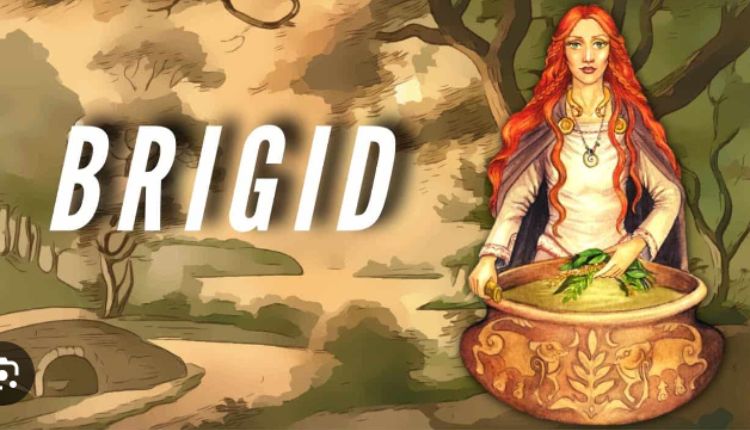Introduction:
The ancient Celts, who inhabited parts of Western Europe from the Iron Age through to the Roman era, were a diverse and culturally rich people with a unique religious belief system. Celtic religion, though often shrouded in mystery and fragmented historical evidence, offers a fascinating glimpse into the spiritual world of these ancient communities. In this article, we will explore the core tenets of Celtic religion, the deities they revered, their sacred practices, and the lasting impact of their beliefs on modern culture.
I. Origins And Beliefs Of Celtic Religion
Celtic religion emerged from the animistic beliefs of the prehistoric Indo-European tribes who settled in the regions that now comprise Ireland, Scotland, Wales, Brittany, and parts of northern Spain and France. At the heart of Celtic spirituality was a deep reverence for nature and the cycles of the seasons. The Celts believed that the natural world was inhabited by spirits, known as animism, and that these spirits could influence human affairs.
II. Deities Of The Celtic Pantheon
The Celtic pantheon was vast and diverse, with different tribes and regions having unique deities that held particular significance to their local communities. However, some deities were widely revered across Celtic territories. Notable among these were the Dagda, a powerful father god associated with fertility and abundance, and the Morrigan, a complex goddess embodying war, sovereignty, and prophecy. Other prominent deities included Lugh, Brigid, Cernunnos, and Danu.
III. Sacred Rituals And Practices
Celtic religious practices were deeply rooted in the natural world, and their rituals often revolved around seasonal cycles, agricultural activities, and celestial events. Imbolc, Beltane, Lughnasadh, and Samhain were major seasonal festivals that marked significant points in the Celtic calendar. Rituals involved offerings to appease the spirits, divination to seek guidance from the Otherworld, and communal gatherings to strengthen social bonds.
IV. Druids And Spiritual Leaders
The Druids were the intellectual and spiritual elite of the ancient Celtic societies. They served as religious leaders, advisors to kings, healers, and keepers of knowledge. Druidic wisdom was transmitted orally, and they played a pivotal role in preserving the cultural and religious heritage of the Celts. However, due to the lack of written records, much of their knowledge has been lost to time.
- The Impact of Romanization and Christianity As the Roman Empire expanded, Celtic territories came under Roman influence, leading to significant changes in their religious practices and cultural identity. With the advent of Christianity in the region, the traditional Celtic religion gradually declined, and many of its elements merged with Christian beliefs, resulting in the emergence of Celtic Christianity.
Conclusion:
The spiritual beliefs of the ancient Celts were deeply intertwined with nature, emphasizing the interconnectedness of all living things. Celtic religion, though not as well-documented as other ancient belief systems, has left an enduring legacy in the hearts of those who seek a connection to nature and an appreciation for the mysteries of the universe. Today, modern Neo-Pagan movements draw inspiration from the remnants of Celtic spirituality, keeping its memory alive in contemporary society.
FAQs:
- What are some similarities between Celtic religion and modern Paganism? Celtic religion and modern Paganism share a reverence for nature, seasonal festivals, and the belief in interconnectedness between all living beings. Both systems emphasize the importance of rituals, honor deities, and draw inspiration from ancient traditions.
- Did the Celts have a creation myth in their religious beliefs? While there are no surviving texts explicitly detailing a universal creation myth in Celtic religion, there are various regional and tribal myths that describe the origins of the world and the Celtic people. These myths often involve deities or supernatural beings and reflect the cosmological views of specific Celtic communities.

